Home>Home Appliances>Heating & Cooling>What Is The Best Central Air Heating System
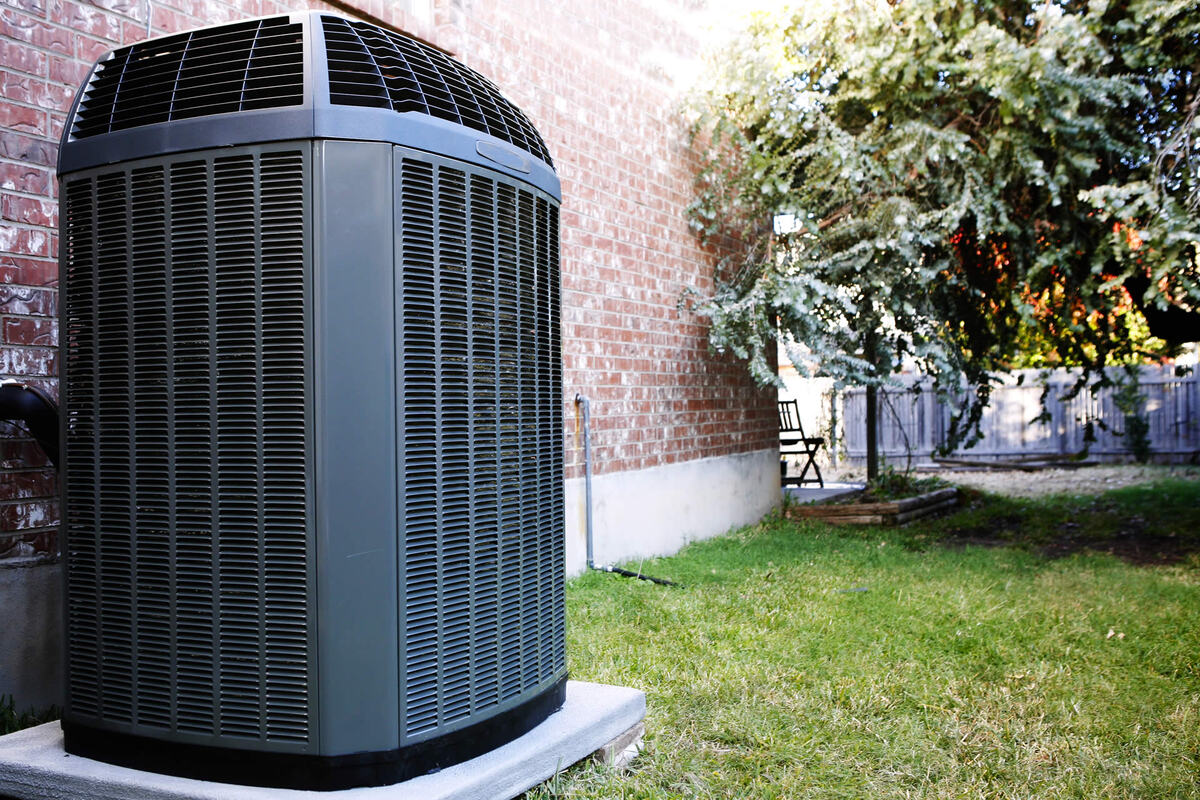

Heating & Cooling
What Is The Best Central Air Heating System
Modified: October 19, 2024
Discover the best central air heating system for your home with efficient heating and cooling solutions. Find the perfect heating and cooling system for your needs.
(Many of the links in this article redirect to a specific reviewed product. Your purchase of these products through affiliate links helps to generate commission for Storables.com, at no extra cost. Learn more)
Introduction
When it comes to creating a comfortable and cozy environment within our homes, the heating and cooling system plays a pivotal role. In the realm of heating, central air heating systems have emerged as a popular choice for many homeowners. These systems offer efficient and consistent heating throughout the entire home, providing a comfortable living space during the colder months.
Central air heating systems are designed to distribute warm air evenly through a network of ducts and vents, ensuring that every room receives the desired level of warmth. This approach eliminates the need for individual heaters in each room, streamlining the heating process and enhancing energy efficiency.
As the demand for central air heating systems continues to rise, it's essential for homeowners to understand the different types of systems available, the factors to consider when choosing the best system for their home, and how these systems compare in terms of performance, energy efficiency, and overall cost.
In this comprehensive guide, we will delve into the world of central air heating systems, exploring the various types available, the key factors to consider when selecting the best system for your home, and a detailed comparison of different central air heating systems. By the end of this article, you will have a deeper understanding of these systems, empowering you to make an informed decision when it comes to enhancing the comfort and warmth of your home.
Key Takeaways:
- The best central air heating system for your home depends on factors like climate, energy efficiency, and budget. Consider options like furnaces, heat pumps, boilers, ductless mini-split systems, and hybrid heating for personalized comfort and cost savings.
- Understanding the different types of central air heating systems, such as furnaces, heat pumps, boilers, ductless mini-split systems, and hybrid heating, can help you make an informed decision to create a cozy and inviting living space for your family.
Read more: How To Drain The Central Heating System
Types of Central Air Heating Systems
Central air heating systems come in various types, each with its unique features and benefits. Understanding the differences between these systems is crucial when selecting the most suitable option for your home. Let's explore the common types of central air heating systems:
1. Furnaces
Furnaces are among the most prevalent central air heating systems. They operate by heating air and then distributing it throughout the home via ductwork. These systems can be powered by electricity, natural gas, or oil, offering homeowners flexibility in choosing the most cost-effective and efficient fuel source for their specific needs.
2. Heat Pumps
Heat pumps are versatile systems that provide both heating and cooling functions. During the colder months, they extract heat from the outdoor air and transfer it indoors to warm the living spaces. In the warmer months, the process is reversed to expel heat from the indoors, effectively cooling the home. This dual functionality makes heat pumps an attractive option for homeowners seeking year-round comfort and energy efficiency.
3. Boilers
Boiler-based central air heating systems utilize hot water or steam to distribute warmth throughout the home. These systems are known for their even heat distribution and quiet operation. Additionally, boilers can be powered by various fuel sources, including natural gas, oil, and electricity, catering to diverse homeowner preferences and regional energy availability.
Read more: How To Clean A Central Heating System
4. Ductless Mini-Split Systems
Ductless mini-split systems offer a flexible heating solution, particularly for homes without existing ductwork. These systems consist of an outdoor compressor unit and indoor air-handling units, connected by a conduit. They allow for targeted heating in specific zones or rooms, providing personalized comfort while maximizing energy efficiency.
5. Hybrid Heating Systems
Hybrid heating systems combine the benefits of a furnace and a heat pump, offering homeowners the advantage of both technologies. These systems automatically switch between the two heat sources based on outdoor temperatures and energy efficiency, ensuring optimal comfort and cost savings throughout the year.
Understanding the characteristics and functionalities of these central air heating systems is essential for making an informed decision. Each type presents unique advantages and considerations, allowing homeowners to select the system that best aligns with their heating needs, energy efficiency goals, and budgetary constraints.
Factors to Consider When Choosing the Best System
When evaluating central air heating systems for your home, several crucial factors should guide your decision-making process. By carefully considering these elements, you can select a system that aligns with your heating requirements, energy efficiency goals, and overall comfort preferences.
-
Climate and Regional Considerations: The climate in which your home is located plays a significant role in determining the most suitable heating system. For colder regions, a high-efficiency furnace or a robust boiler system may be the ideal choice, providing consistent and powerful heating during harsh winters. In milder climates, a heat pump or hybrid heating system could offer efficient heating and cooling capabilities, catering to the fluctuating temperature demands.
-
Energy Efficiency: Assessing the energy efficiency of different central air heating systems is paramount. Look for systems with high Annual Fuel Utilization Efficiency (AFUE) ratings for furnaces and Seasonal Energy Efficiency Ratio (SEER) ratings for heat pumps. Opting for energy-efficient systems not only reduces utility costs but also minimizes environmental impact.
-
Home Size and Layout: The size and layout of your home influence the type and size of the heating system required. Larger homes may benefit from zoned heating solutions, such as ductless mini-split systems, to provide personalized comfort in specific areas. Conversely, smaller homes may find traditional furnaces or boilers to be effective in maintaining consistent warmth throughout the entire space.
-
Fuel Availability and Cost: Consider the availability and cost of different fuel sources in your area. Natural gas, electricity, and oil are common fuel options for central air heating systems. Assess the long-term cost implications and availability of these fuels to determine the most economical and sustainable choice for your home.
-
Installation and Maintenance Requirements: Evaluate the installation and maintenance needs of each heating system. Some systems, such as ductless mini-split systems, may offer easier installation in homes without existing ductwork. Additionally, consider the long-term maintenance requirements and associated costs to ensure the chosen system aligns with your maintenance preferences and budget.
-
Budget and Long-Term Cost Analysis: Establish a clear budget for the purchase, installation, and ongoing operation of the central air heating system. While upfront costs are important, it's equally crucial to assess the long-term operational expenses, including energy consumption and maintenance, to make an informed financial decision.
-
Smart Technology Integration: Explore the integration of smart thermostats and heating controls with the central air heating system. Smart technology can enhance energy efficiency, provide remote access for temperature adjustments, and offer valuable insights into energy usage, contributing to a more comfortable and cost-effective heating experience.
By carefully considering these factors, homeowners can confidently select the best central air heating system for their specific needs, ensuring optimal comfort, energy efficiency, and long-term satisfaction with their heating investment.
Comparison of Different Central Air Heating Systems
When evaluating central air heating systems, it's essential to compare their performance, energy efficiency, and overall suitability for your home. Let's delve into a detailed comparison of the different types of central air heating systems to help you make an informed decision.
Read more: How To Flush A Central Heating System
Furnaces
Furnaces are renowned for their robust heating capabilities, offering consistent warmth throughout the home. They are available in various fuel options, including natural gas, oil, and electricity, providing homeowners with flexibility in choosing the most cost-effective and readily available fuel source. Furnaces boast high Annual Fuel Utilization Efficiency (AFUE) ratings, indicating their energy efficiency and cost-effectiveness in colder climates.
Heat Pumps
Heat pumps stand out for their dual functionality, providing both heating and cooling capabilities. These systems extract heat from the outdoor air during the colder months and reverse the process for cooling during warmer periods. Their energy-efficient operation and versatility make them an attractive option for homeowners seeking year-round comfort and cost savings.
Boilers
Boiler-based central air heating systems utilize hot water or steam to distribute warmth, offering even heat distribution and quiet operation. They are available in various fuel options, catering to diverse homeowner preferences. Boilers are known for their durability and reliability, making them a popular choice for homeowners prioritizing long-term performance and efficiency.
Ductless Mini-Split Systems
Ductless mini-split systems provide targeted heating in specific zones or rooms, offering personalized comfort and energy efficiency. These systems are ideal for homes without existing ductwork, providing a flexible heating solution while minimizing energy waste. Their compact design and ease of installation make them a practical choice for homeowners seeking zoned heating capabilities.
Read more: What Is Central Heating
Hybrid Heating Systems
Hybrid heating systems combine the strengths of a furnace and a heat pump, automatically switching between the two heat sources based on outdoor temperatures and energy efficiency. This seamless transition ensures optimal comfort and cost savings, making hybrid systems an attractive option for homeowners seeking a balanced approach to heating and energy conservation.
By comparing the performance, energy efficiency, and unique features of these central air heating systems, homeowners can identify the most suitable option for their specific needs. Whether prioritizing robust heating, year-round versatility, zoned comfort, or a balanced approach to energy efficiency, each system offers distinct advantages to enhance the comfort and warmth of your home.
Conclusion
In conclusion, the selection of the best central air heating system for your home is a decision that warrants careful consideration of various factors. The diverse range of central air heating systems, including furnaces, heat pumps, boilers, ductless mini-split systems, and hybrid heating systems, offers homeowners the opportunity to tailor their choice to align with their specific heating requirements, energy efficiency goals, and budgetary considerations.
When evaluating these systems, it's crucial to assess the climate and regional considerations, energy efficiency ratings, home size and layout, fuel availability and cost, installation and maintenance requirements, budget, long-term cost analysis, and smart technology integration. By carefully considering these factors, homeowners can make an informed decision that ensures optimal comfort, energy efficiency, and long-term satisfaction with their heating investment.
Each type of central air heating system presents unique advantages, from the robust heating capabilities of furnaces to the year-round versatility of heat pumps, the even heat distribution of boilers, the targeted comfort of ductless mini-split systems, and the balanced approach to energy efficiency offered by hybrid heating systems. By comparing the performance, energy efficiency, and unique features of these systems, homeowners can identify the most suitable option for their specific needs, whether it's prioritizing robust heating, year-round versatility, zoned comfort, or a balanced approach to energy efficiency.
Ultimately, the best central air heating system for your home will seamlessly integrate with your lifestyle, providing consistent warmth, energy efficiency, and personalized comfort. By leveraging the insights and considerations outlined in this guide, homeowners can confidently navigate the process of selecting a central air heating system that enhances the overall warmth and coziness of their living spaces, creating an inviting environment for all to enjoy.
Frequently Asked Questions about What Is The Best Central Air Heating System
Was this page helpful?
At Storables.com, we guarantee accurate and reliable information. Our content, validated by Expert Board Contributors, is crafted following stringent Editorial Policies. We're committed to providing you with well-researched, expert-backed insights for all your informational needs.
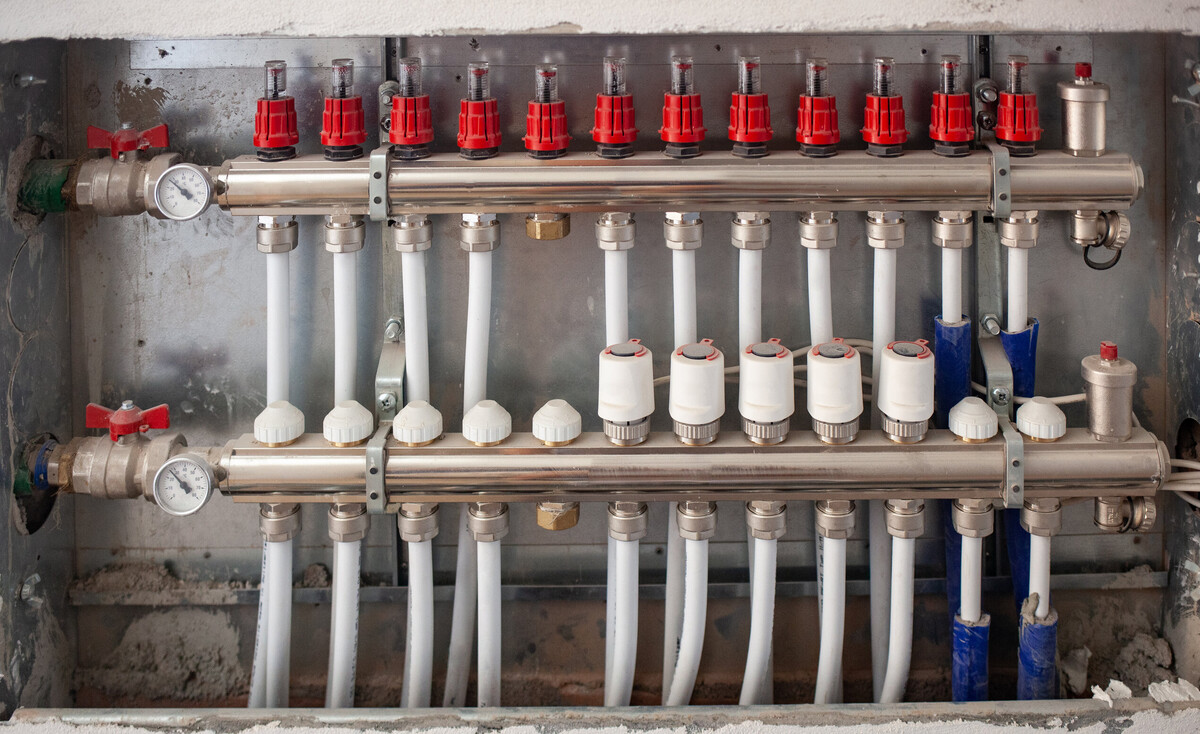
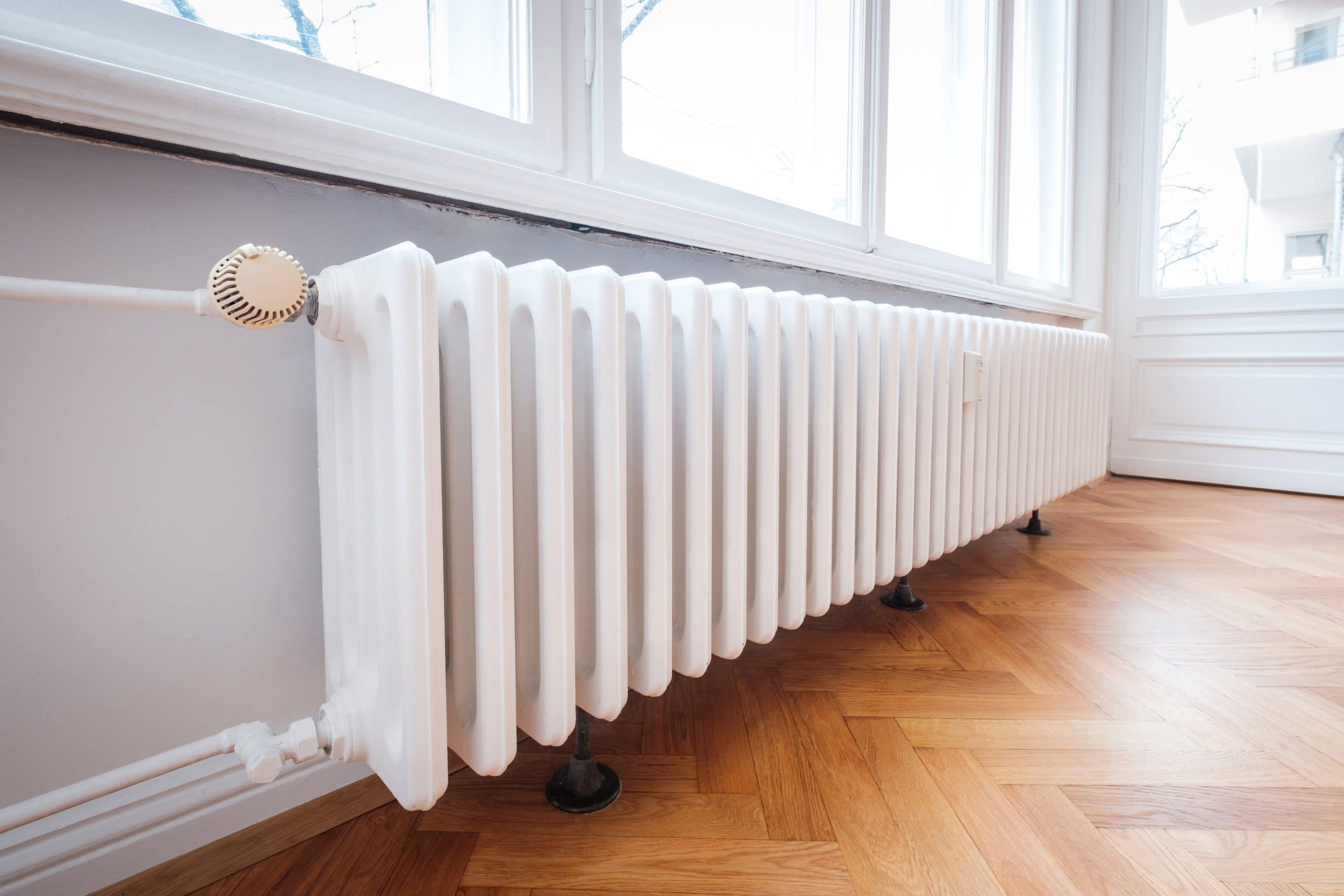
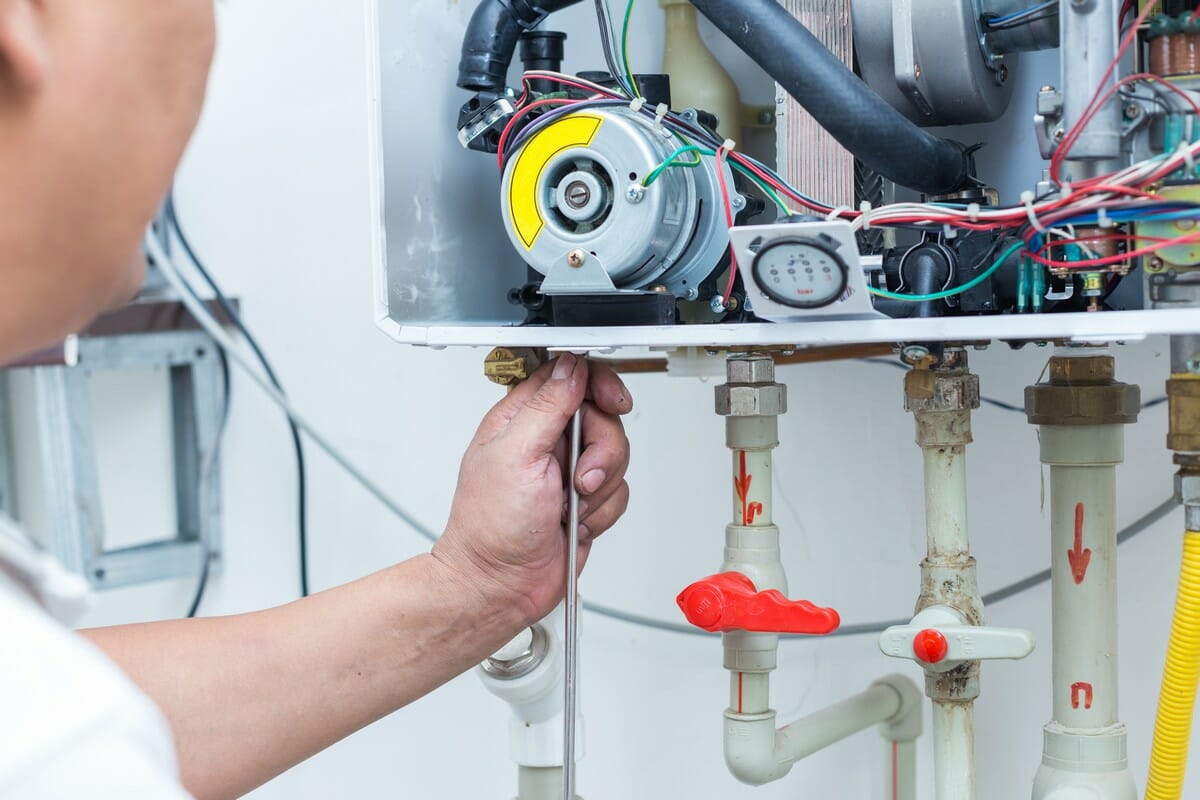
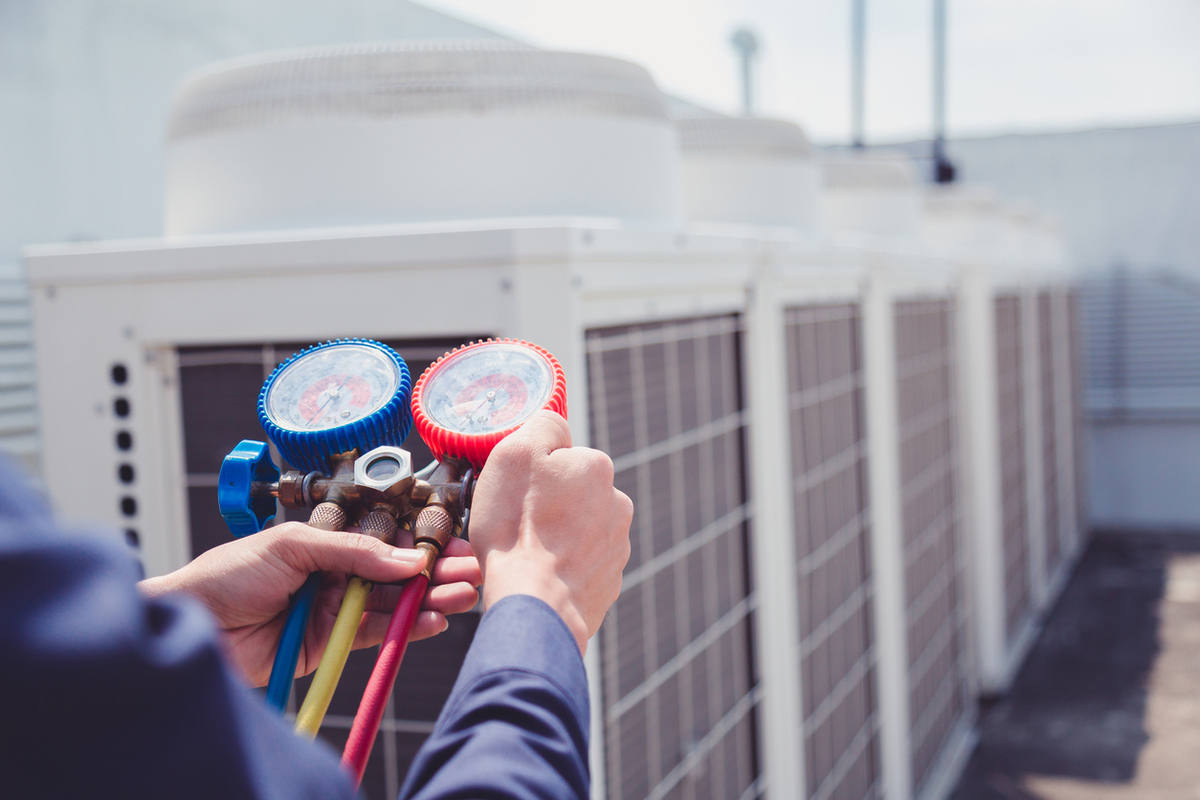
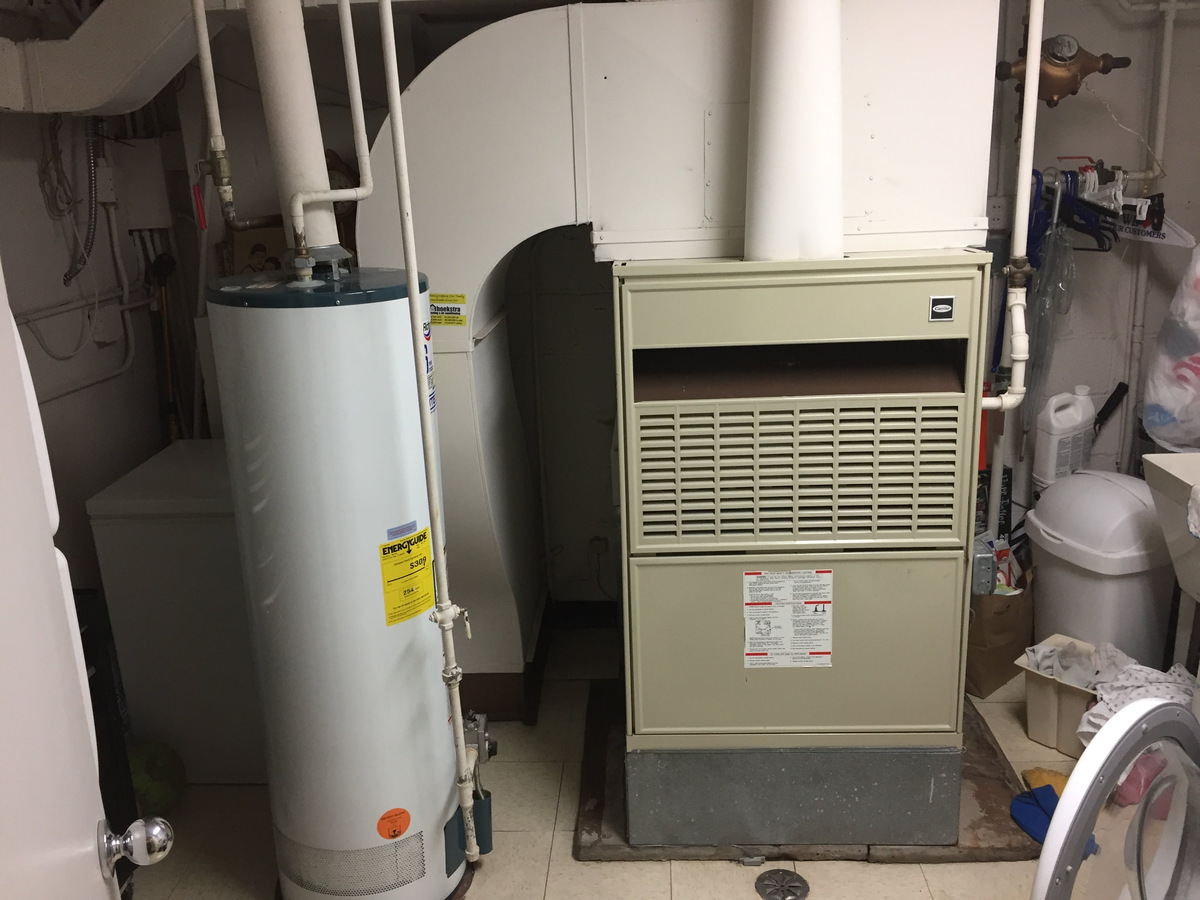
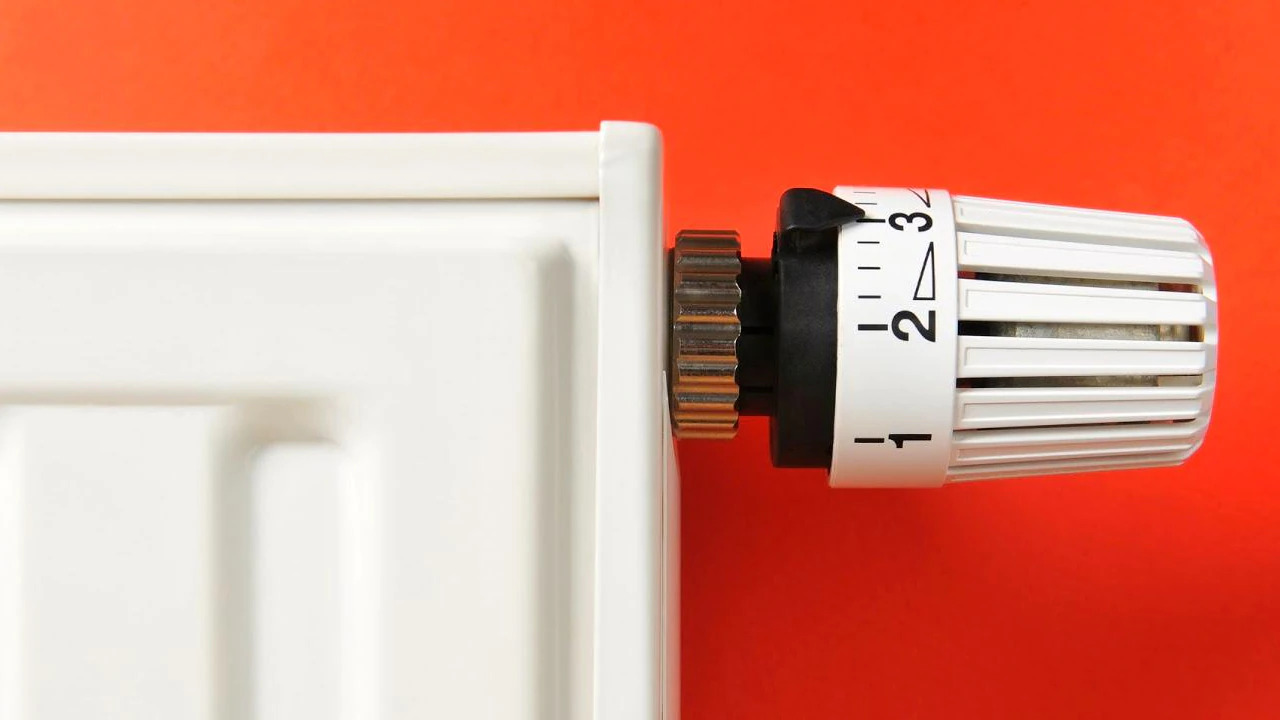
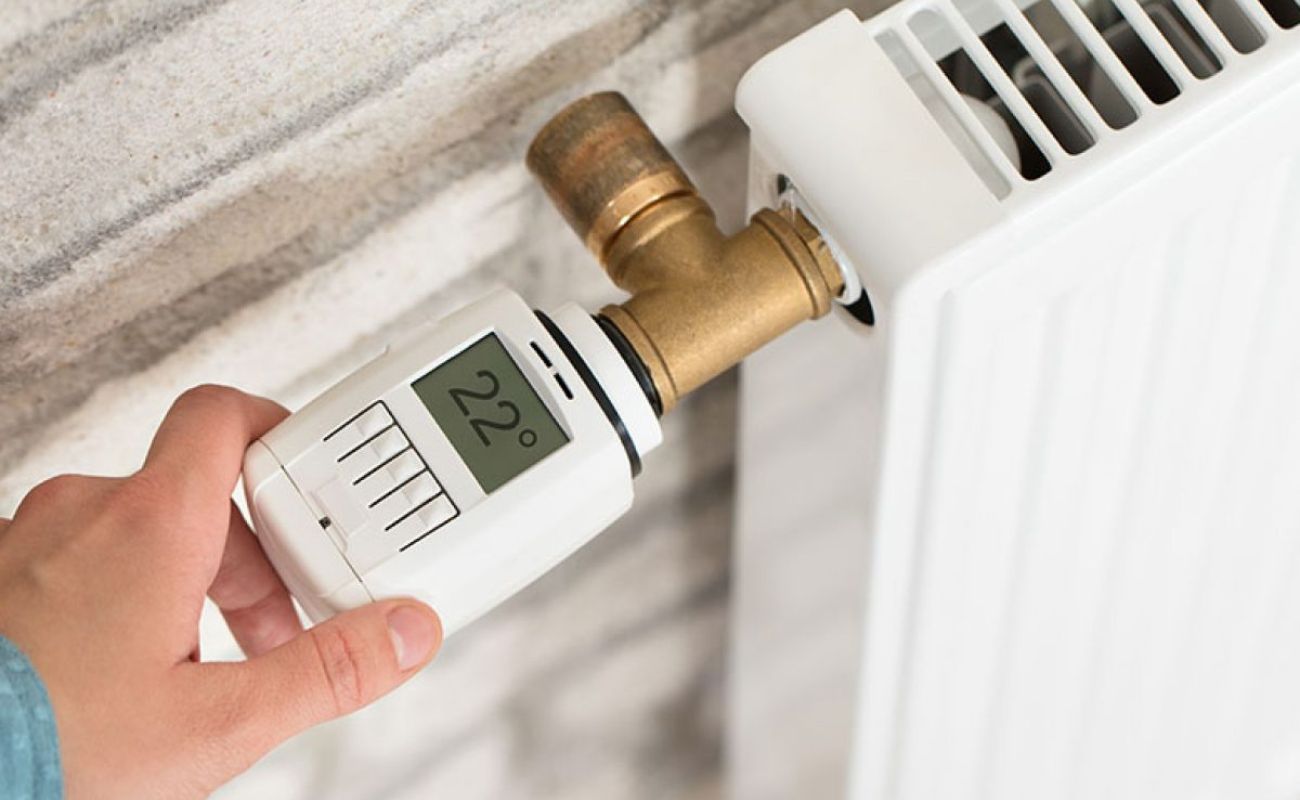
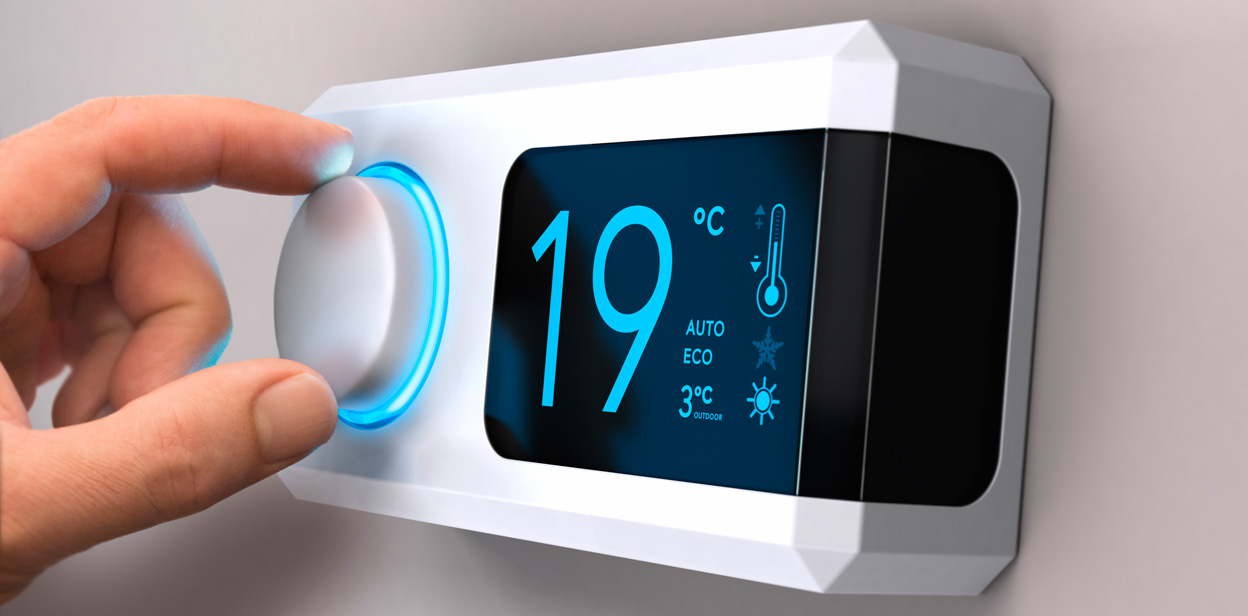
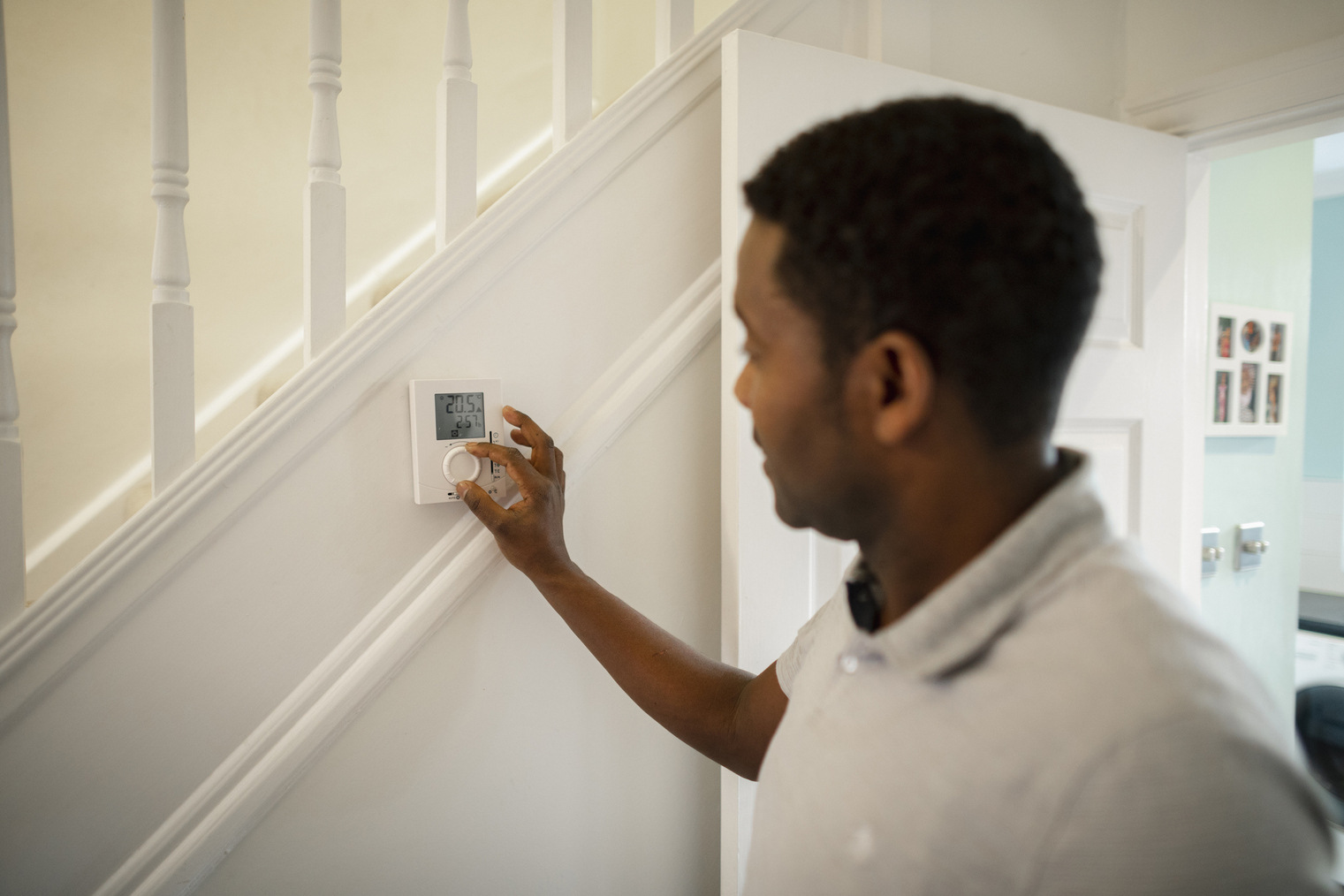
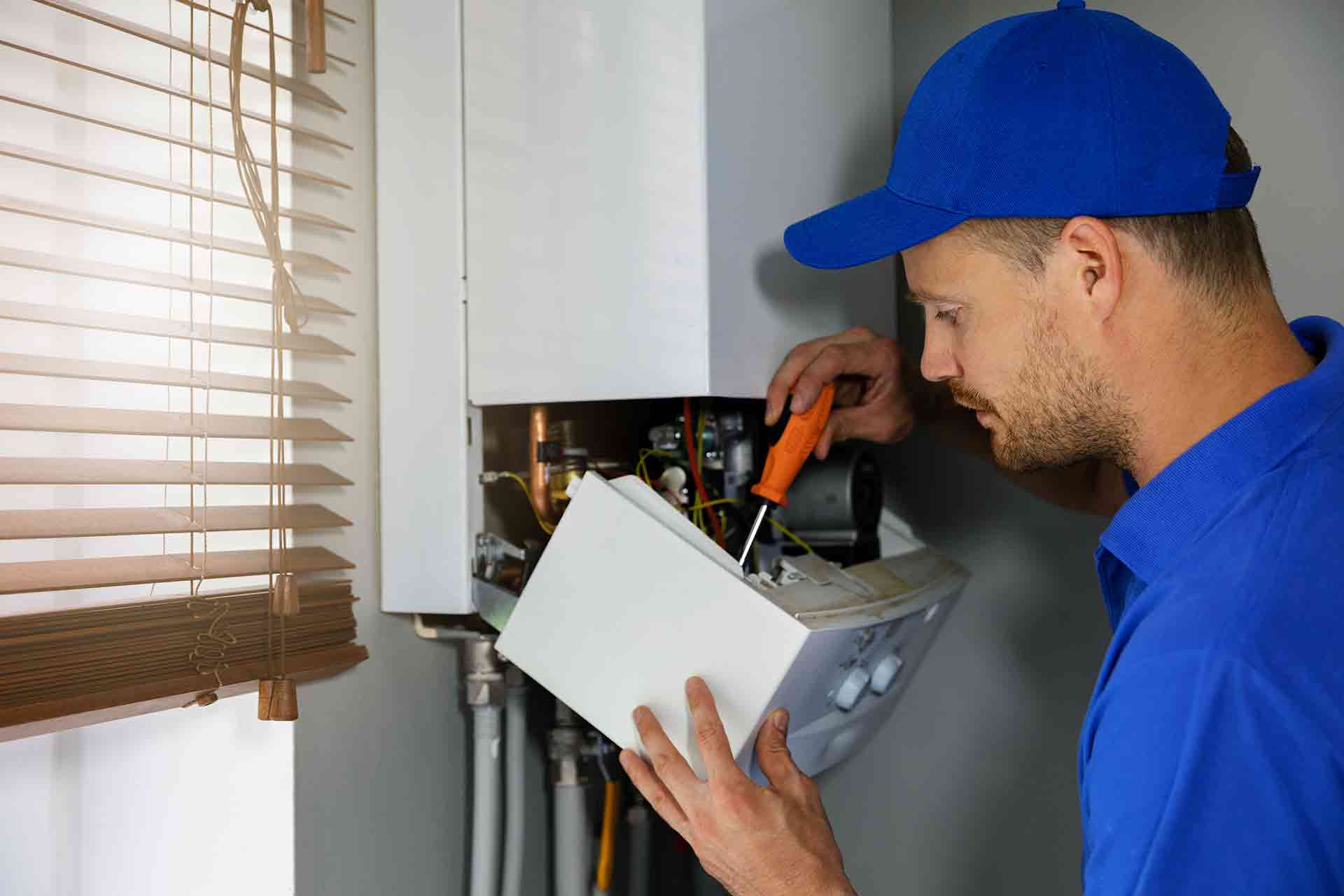
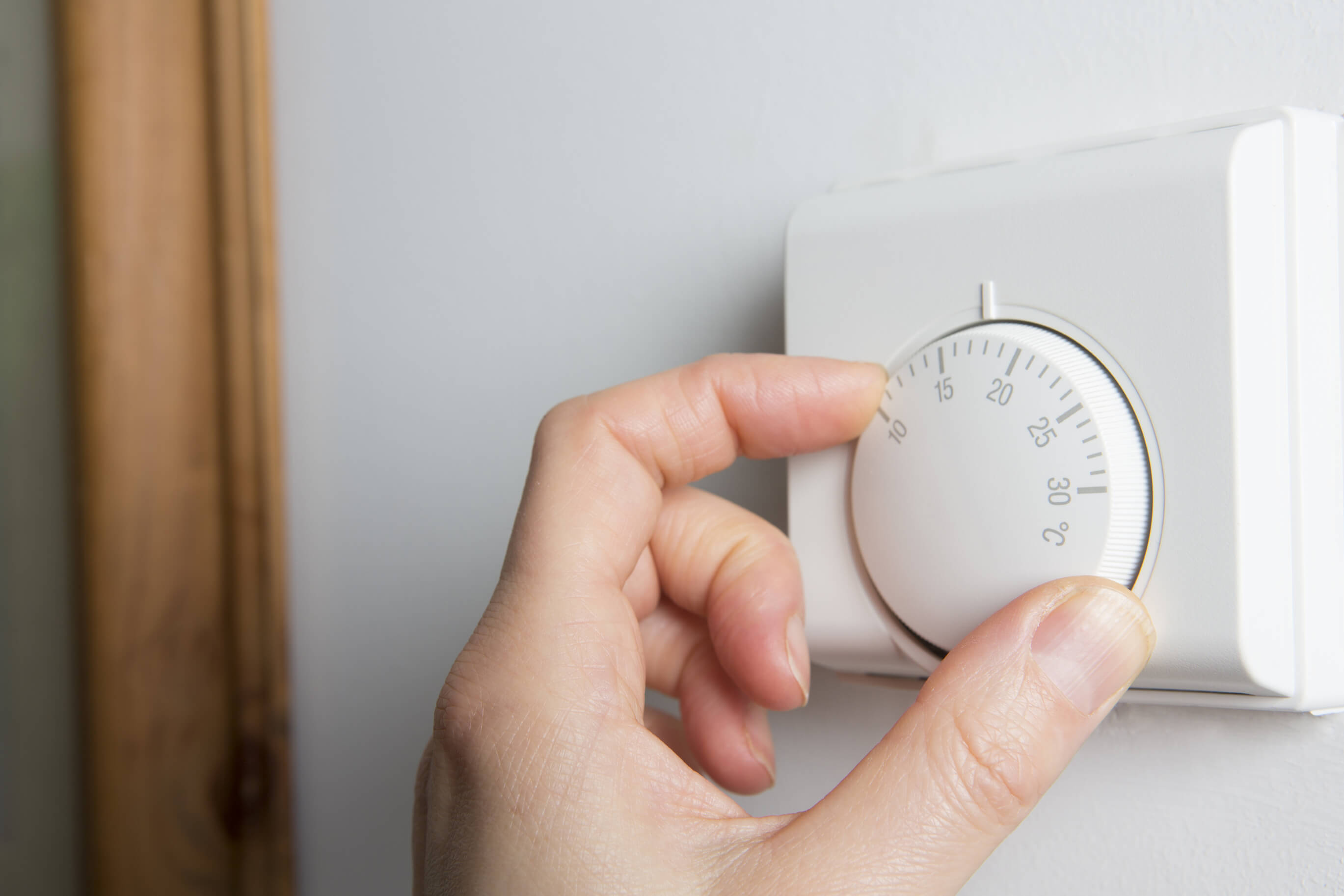


0 thoughts on “What Is The Best Central Air Heating System”